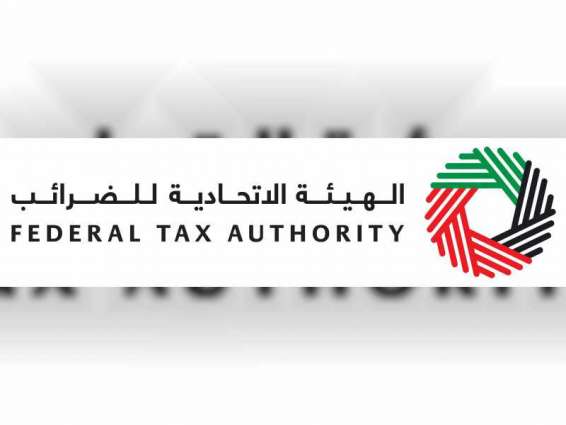ABU DHABI, (Pakistan Point News - 14th Feb, 2021) The number of inspection campaigns organised by the Federal Tax Authority (FTA) witnessed notable growth during 2020 across UAE markets, some were conducted in collaboration with Departments of Economic Development and other relevant entities throughout the Emirates, to protect consumer rights and increase the level of tax compliance.
In a press statement issued today, the Authority emphasised that these campaigns were carried out within the framework of the Authority's extensive efforts to contribute towards strengthening market performance and ensuring compliance with all tax legislation and procedures to protect legitimate trade and prevent the sale of contraband within the UAE and tax evasion.
The FTA pointed out that the application of Excise Tax laws achieved remarkable success since their implementation, reflecting positive results primarily in the accelerated pace of building a safe and healthy society by reducing the consumption of harmful goods that negatively affect the health and wellbeing of the community. These efforts also support increasing the UAE financial resources by expanding the services provided to community members.
The FTA noted that the total value of the liabilities caught during the inspection visits amounted to AED 191,830,000, highlighting that in the category of goods subject to Excise Tax, 9.4 million units of cigarette packs and 14,000 kilograms of shisha tobacco products were uncovered as goods not bearing digital tax stamps and no tax has been declared or paid on them. Other Excise Goods caught in violation of Excise Tax laws included a total of more than 803,000 items ranging from carbonated beverages, energy drinks, sweetened drinks and electronic smoking devices (along with their tools and the liquids used in them).
FTA Director-General, Khalid Ali Al Bustani, confirmed that the Authority prioritises consumers' protection from harmful products that do not meet the UAE’s regulations and standards while actively combating tax evasion. These priorities are simultaneously met by the Authority's intensified efforts to help businesses comply with tax procedures, as the Authority regards them as strategic partners and looks to enhance their awareness and ability to self-comply.
He said, "The Federal Tax Authority adheres to international best practices to ensure that all tax legislation and procedures are implemented thoroughly. All mutual obligations between the Authority and Taxable Persons have been clearly outlined in these regulations, which seek, first and foremost, to protect consumers and tighten controls on UAE markets to ensure governance and transparency.
"The FTA's inspections rely on various field and electronic procedures that prevent the sale, circulation, and stockpiling of products that have not fulfilled their Excise or Value Added Tax (VAT) obligations," Al Bustani explained. "These procedures include the Marking Tobacco and Tobacco Products Scheme, which went into effect on January 1st 2019, in line with Cabinet Decision No. (42) of 2018. The Decision calls for the display of a Digital Tax Stamp on the packaging of tobacco products and registration in the FTA's database. Each stamp contains data that can be read by special devices used by authorised inspectors to verify that all taxes due on these products have been declared and settled."
He added, "The numerous partnerships established by the Authority with all concerned entities across the UAE, in both the public and private sectors, have played a fundamental role in the successful implementation of the tax system. Through these partnerships, important goals have been achieved, most notably the raising of tax awareness among the business and consumer sectors."
He concluded that the Authority will continue to conduct its inspection campaigns within the framework of efforts carried out to enhance tax compliance and reduce transactions that violate legislation and tax procedures.




